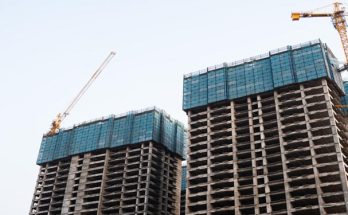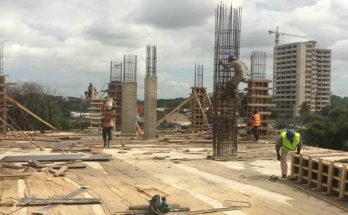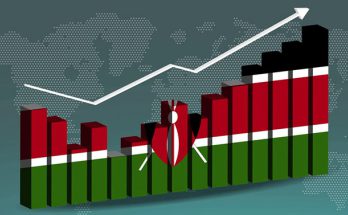 The government has adopted the U.S.$11 billion Dangote refinery, under its new National Petroleum Policy in order to add value to crude oil, reduce high dependence on imported petroleum products and conserve foreign exchange for other developmental projects.
The government has adopted the U.S.$11 billion Dangote refinery, under its new National Petroleum Policy in order to add value to crude oil, reduce high dependence on imported petroleum products and conserve foreign exchange for other developmental projects.
Consequently, the Minister of State for Petroleum Resources, Dr. Ibe Kachikwu, will today, lead a strong government delegation to inspect the progress of work at the 650,000 plant expected to come on stream in 2019.
Investigations showed that the visit would enable the government know the status of the project, understand problems as well as assist to eliminate hurdles that could delay or scuttle the completion and operation of the plant.
It showed that various segments of the project have either been completed or ongoing at the Lagos-based site.
The Technical Consultant to the President/CEO on Refinery & Petrochemical Projects, Dangote Industries Limited, Mr. Babajide Soyode, disclosed that the project was progressing according to plan, adding that the sand filling had been completed while piling was ongoing at site. Soyode disclosed that the ongoing construction of jetty would need to be completed to enhance operations of the plant.
Meanwhile, in the new policy made available to Vanguard, the government indicated that the previous petroleum policy encouraged rent seeking through a crude oil export for cash business. It is the only OPEC country without effective oil refining capacity.
It stated that investments in mid-stream infrastructure (storage, terminals, transportation and processing) have lagged behind upstream investments.
The policy disclosed that even the upstream crude oil export business has suffered because of insecurity.
It stated that Nigerian production has not risen in line with its potential or peers in the Middle East or Africa.
The policy disclosed that the petroleum sector has been dominated by state ownership and dominant market power in the upstream and mid-stream, thus constraining increased involvement of the private sector.
It stated that there are fiscal disincentives to new participants; a lack of regulatory rigour and absence of governance in cost efficiency.
The policy noted that as a result, state control and rent seeking by government has limited the growth of self-sustaining industries.
“Despite having large energy resources, Nigeria has become energy insecure exhibiting multiple dependencies on crude oil exports; product imports; and hydrocarbon based electric power industry. The oil world has now changed fundamentally and the old policy is no longer relevant to Nigeria’s future.
“Oil price has crashed and is forecast by the Petroleum Policy Team to remain at a median $45/bbl real for the foreseeable future. Production around the world remains high, combined with large inventories in storage and even in tankers around the world. The reality is that the world is awash with oil. “There are forecasts that the world is now starting to enter a post- oil period. Oil demand growth is expected to be slower in the future than it has been in the past, and within the next twenty years, demand for oil may show absolute declines.
“The future for oil producers lies in value added refining and petrochemicals. The intention of this Petroleum Policy is to move Nigeria away from crude oil exports into value added activities in oil, namely refining and petrochemical industries; expanding from oil into gas based industrialisation.”
“The longterm vision of the Nigerian petroleum policy is to become a nation where hydrocarbons are used as a fuel for national economic growth and not simply as a source of income.
“Moving the Nigerian economy away from the current situation where crude oil is exported and no further uses are made of the hydrocarbon opportunities; Oil is not simply exported but is refined and further processed within Nigeria; Nigeria becomes a regional and international centre for crude oil refining; A vision of a diversified industrial nation where Nigeria has significant petro- chemical and other petroleum based industries; Diversifying the petroleum resource base within Nigeria, to ensure security of supply; Operate a petroleum industry with a clear division of roles between the private and public sectors.”



